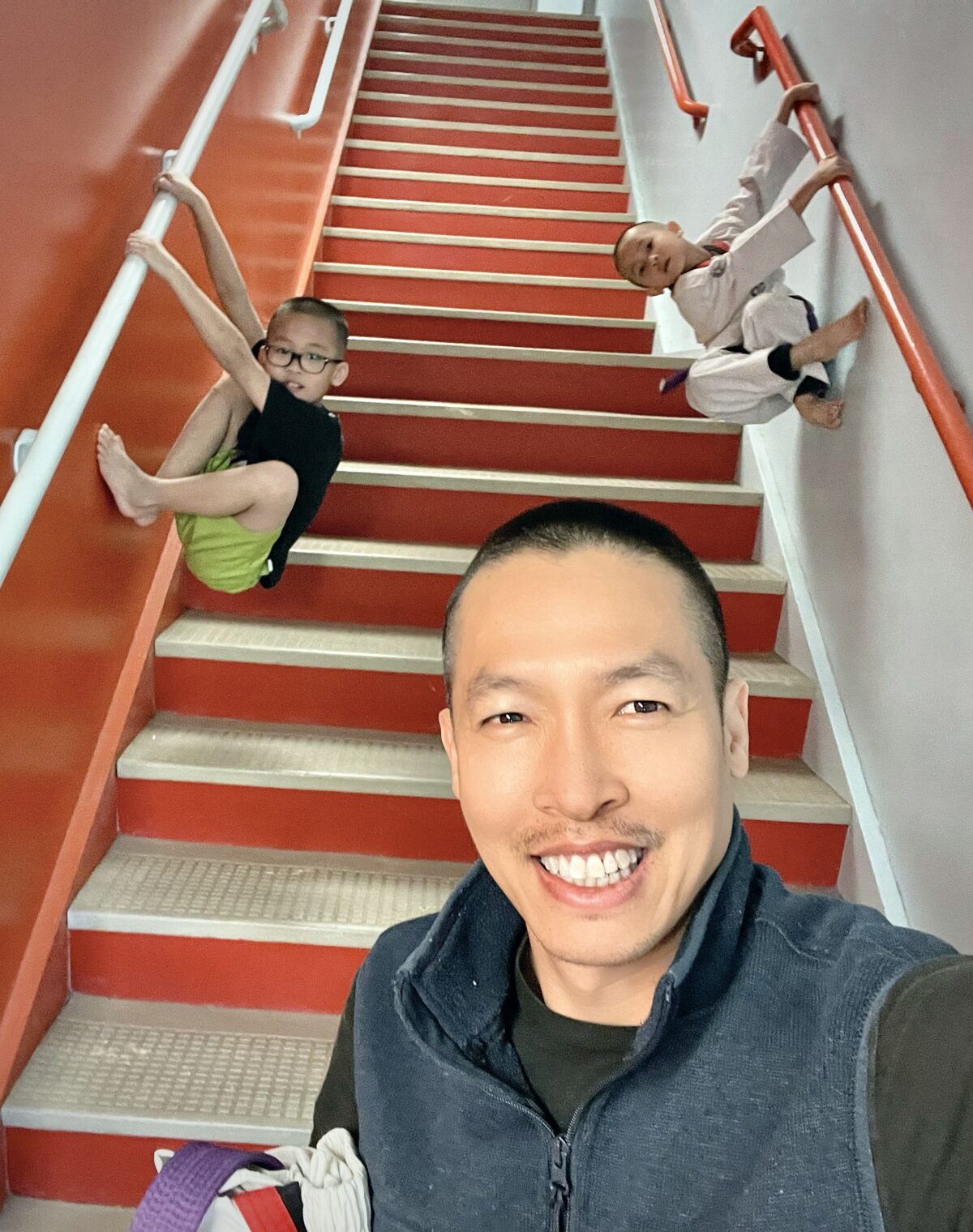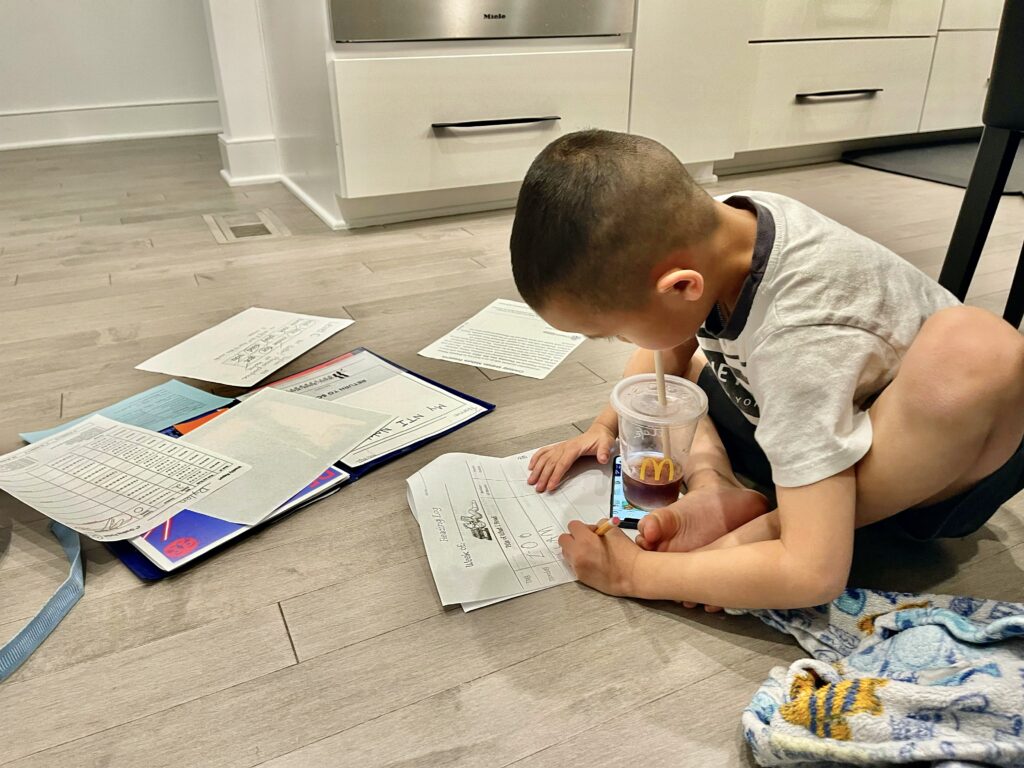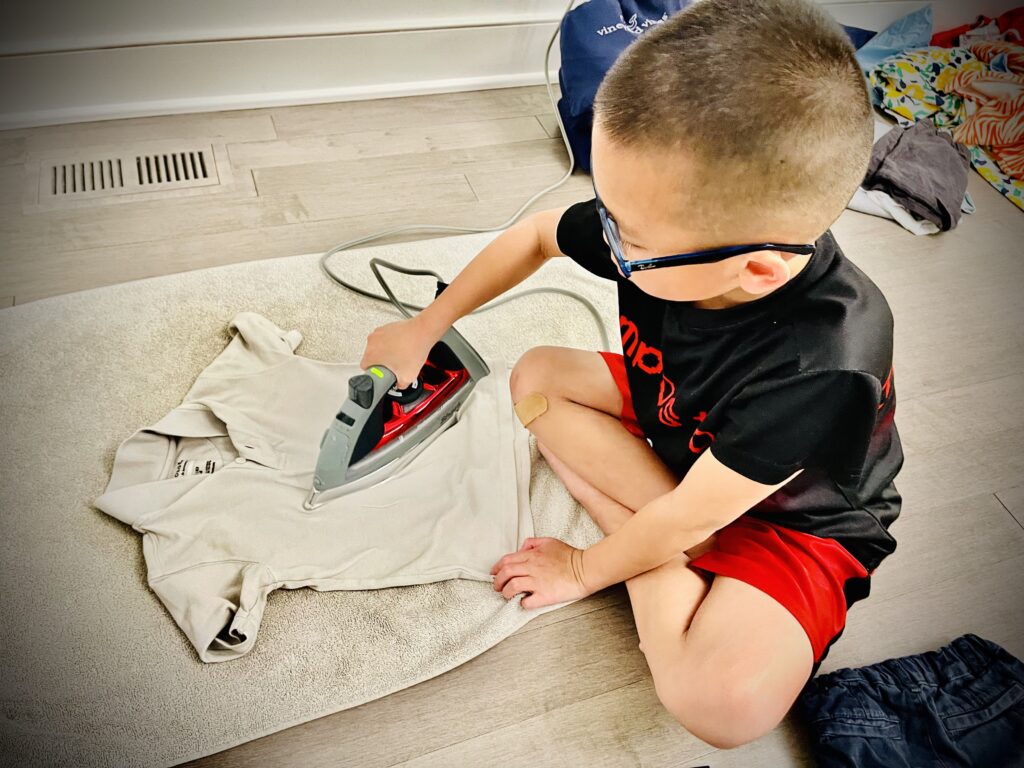The adage, “A lot of people know what to do, but they don’t do what they know,” resonates strongly with many individuals in various aspects of life. Whether it’s in personal development, career growth, or financial management, this concept emphasizes the gap between knowledge and action. Being aware of what needs to be done is one thing, but implementing that knowledge is a different matter altogether. In the words of Di Tran, acting on even the small things you know and consistently doing so can lead to new skills, greater value, and wealth building.
Knowledge vs. Action
People have access to vast amounts of information through books, the internet, and mentors. Yet, the failure to apply this knowledge consistently often leads to stagnation. The famous philosopher Socrates once said, “To know good is to do good.” Still, human behavior often shows a disconnect between knowing and doing. In psychology, this phenomenon is referred to as the “intention-behavior gap.”
The Power of Consistency
According to Di Tran’s reflections, the key to overcoming this gap lies in doing small things consistently. Consistency in action builds habits, and habits form the foundation for mastery. Author James Clear, in his book “Atomic Habits,” discusses how small, consistent changes can lead to remarkable results over time. By focusing on tiny improvements, we can create sustainable changes that lead to significant personal and professional growth.

Skills, Value, and Wealth Building
The consistent application of knowledge to learn new skills doesn’t only foster personal development; it also contributes to increased value in the professional market. Skills like communication, critical thinking, and leadership are highly prized in the modern workforce. By developing these skills consistently, individuals become more valuable to employers and open doors to new opportunities.
In terms of wealth building, the principles of consistency apply similarly. Investment guru Warren Buffett often emphasizes the importance of understanding investments and sticking to long-term strategies. By consistently applying sound financial principles, individuals can build wealth over time.
Learning and Reflecting on Life
Life is an ongoing process of learning and reflection. Di Tran’s philosophy encourages individuals to not only absorb information but to act upon it. Through consistent action and reflection, one can grow in personal and professional life, building a pathway to success and fulfillment.
Conclusion
While knowledge is undoubtedly valuable, it becomes truly powerful when applied consistently. Emphasizing the importance of action, even in small ways, can lead to profound growth and success in various areas of life. Di Tran’s thoughts provide a refreshing reminder that it’s not just what you know, but what you do with what you know, that truly matters. In the pursuit of skills, value, and wealth, let us all strive to be those who act on our knowledge and achieve greatness through consistent effort.





